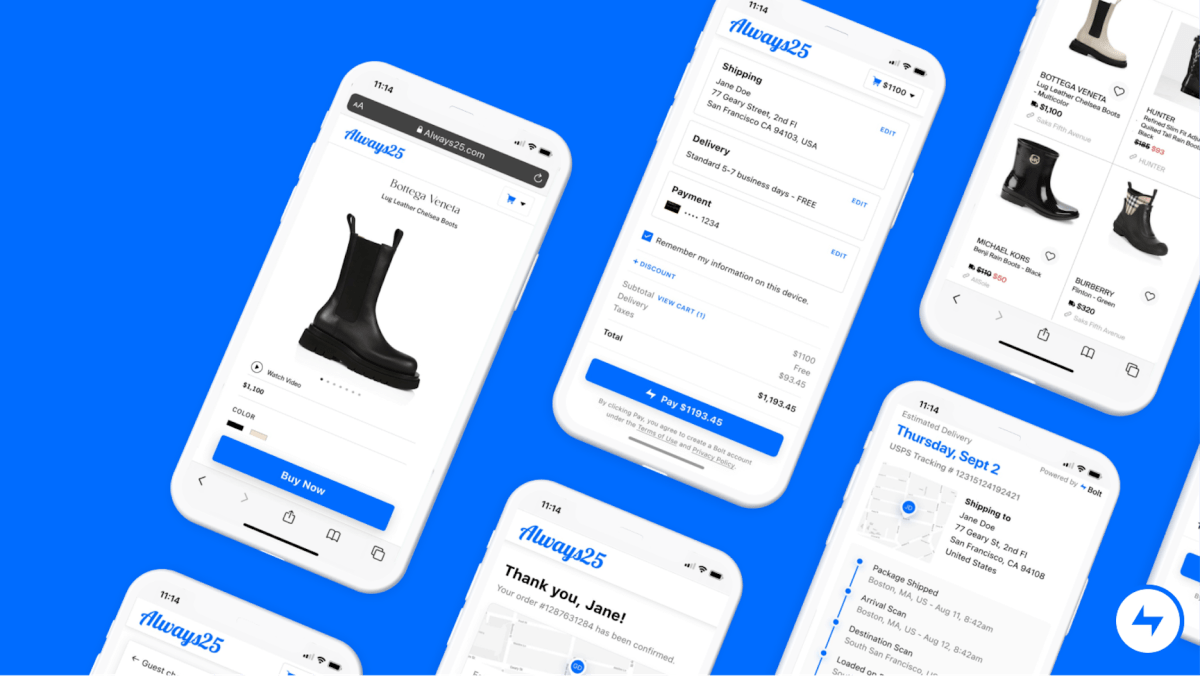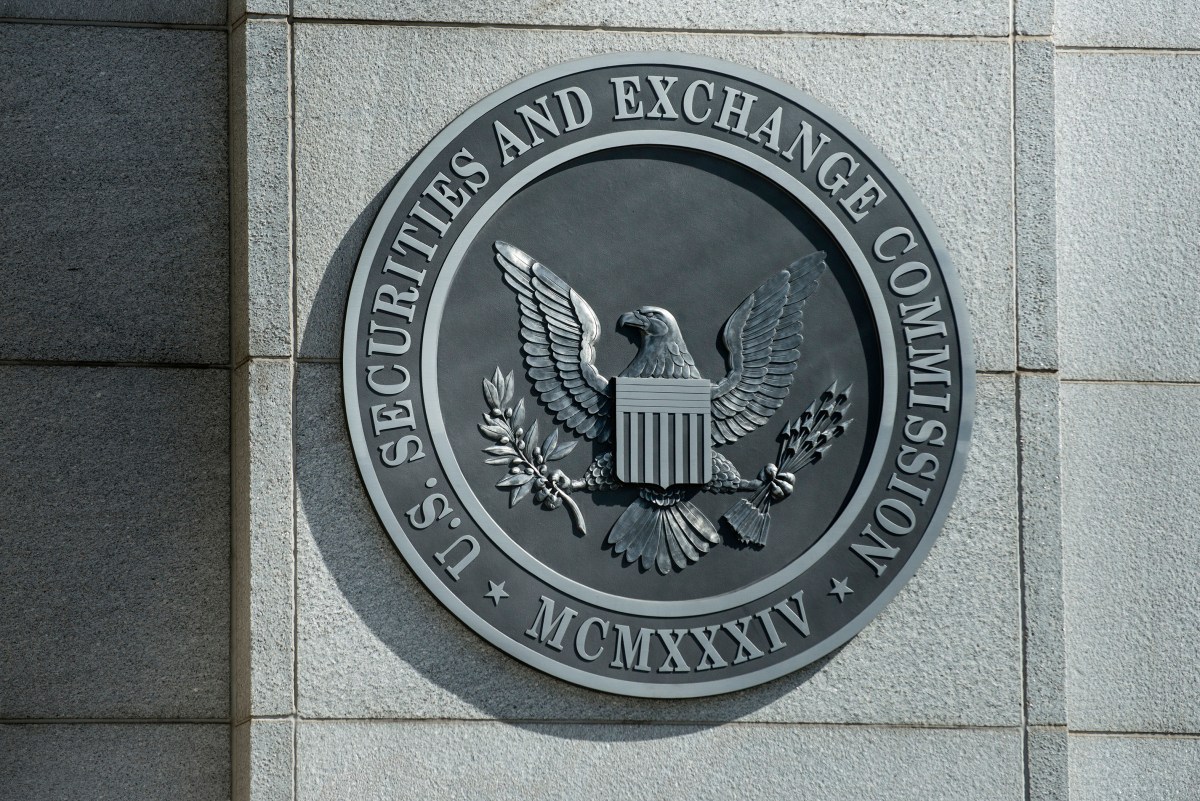For decades, patents have been a bone of contention in the technology world, seen by some as a way to protect intellectual property, but by critics as a blunt weapon against innovation. In the age of AI, they are once again getting revisited.
New York startup Patlytics has developed an AI-enabled patent analytics platform to help corporations, IP professionals and law firms streamline their patent workflows from discovery, analytics, comparison, and prosecution to litigation.
The Google-backed startup said Monday it had closed $14 million in a Series A round led by Next47 with participation from existing investors, including Google’s Gradient, 8VC, Alumni Ventures, Liquid 2 Ventures and Myriad Venture Partners. Its Series A financing, which brings its total raised to $21 million, came roughly 9 months after its previous seed round in April.
CEO Paul Lee and CTO Arthur Jen co-founded Patlytics in January 2024. Former venture capitalist Lee saw that IP companies were using antiquated techniques when it came to working with patents: discovering, analyzing, and reporting on intellectual property — or building cases for patent-related work such as potential litigation — were all time-consuming, manual efforts. Jen knew the slow workflow first-hand: he was previously responsible for managing the filing and protection of patents at Magic, a crypto wallet company he co-founded.
“Patlytics has an interesting genesis because I don’t have a legal background, and I initially held a lot of misconceptions around legal tech,” Lee said in an exclusive interview with TechCrunch. “Historically, there were many negative connotations and premises around selling technology to lawyers, but AI has truly changed these premises…What we’ve seen in the IP market is that people want better technology; there is a big push for higher-value work using LLMs, and most importantly, patent professionals crave quality.”
Patlytics’ large language models (LLMs) and generative AI-powered engine are custom-built for IP-related research and other work such as patent application drafting, invention disclosures, invalidity analysis, infringement detection/ analysis, Standard Essential Patents (SEPs) analysis and IP assets portfolio management.
The 1-year-old startup said it has seen a 20x increase in ARR and an 18x expansion in its customer base within six months, with a sustained 300% month-over-month growth rate. Patlytics did not disclose how many customers it has but said approximately 50% of its customer base are law firms, and the other half are corporate clients from industries like semiconductors, bio, pharmaceuticals and more. Additionally, the company now serves customers in South Korea and Japan, and recently launched its first pilot product in London and Germany.
Its clients include Abnormal Security, Google, Koch Disruptive Technologies, Quinn Emanuel Urquhart & Sullivan, Richardson Oliver, Reichman Jorgensen Lehman & Feldberg, Xerox and Young Basile.
With the Series A round, the startup plans to scale sales and increase its investments in product development. This includes hiring more engineers and expanding into different modules that the company offers. The startup has doubled its employees, increasing from 11 to meet customer demand since April 2024. Eric Lin, who has more than 10 years of experience as an IP litigator at law firms, including Paul Hastings, Morrison & Foerster, and Baker Botts, will join the Patlytics leadership team as vice president of strategy for the company’s next phase of growth.
“Patlytics can automatically conduct technical discovery, generating detailed claim charts for validity and infringement purposes that would traditionally require expensive experts and countless attorney hours,” said Bob Steinberg, Patlytics advisory board member and chair of the Patent Trial and Appeal Board (PTAB) Practice at Latham & Watkins. “By generating confidential, detailed, and unbiased analysis, Patlytics’ goal is to ensure that parties involved in patent conflict resolution can have cost-effective access to critical information, helping to minimize gaps and discrepancies in understanding, facilitating negotiations, transactions, settlements and more efficient litigation.”















